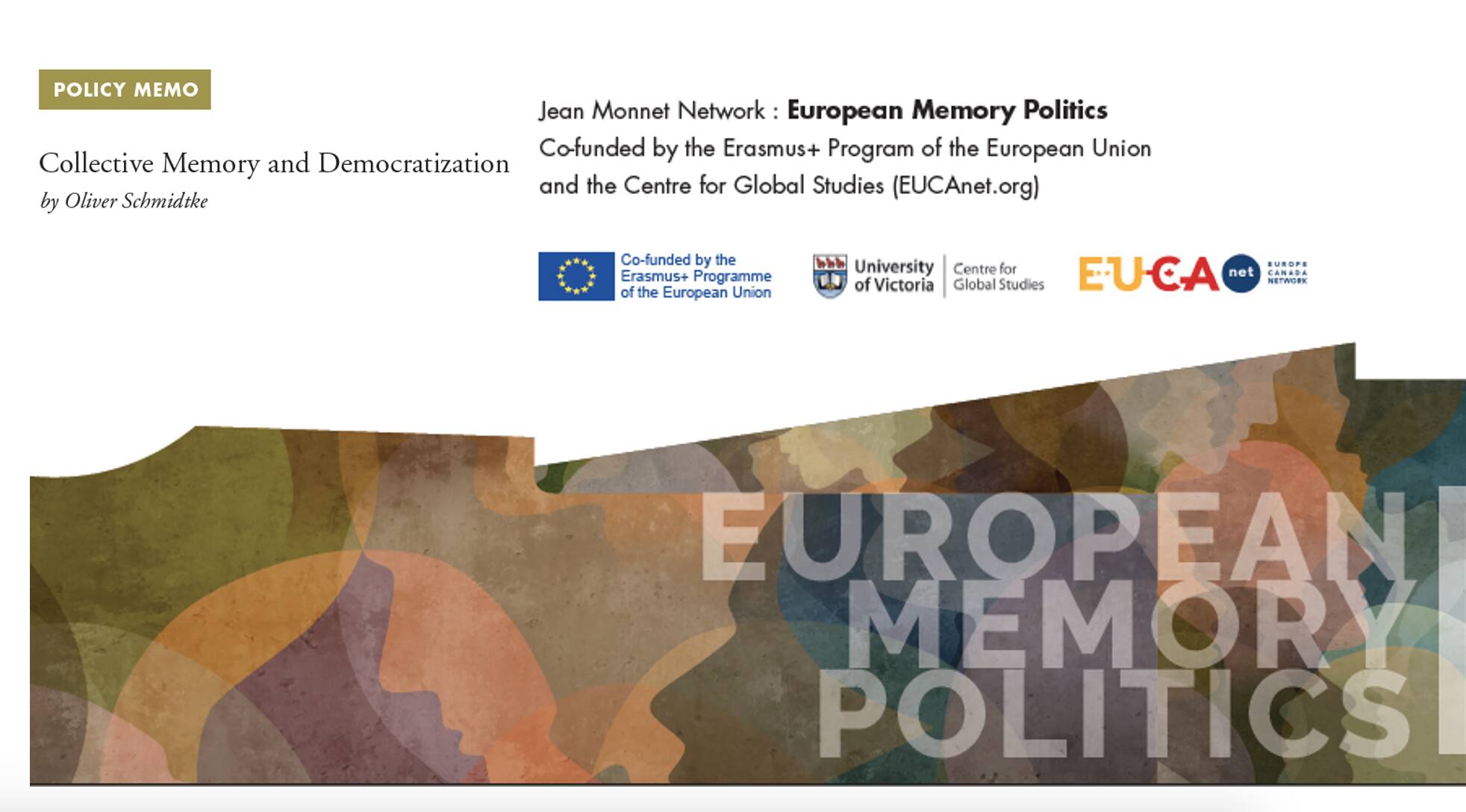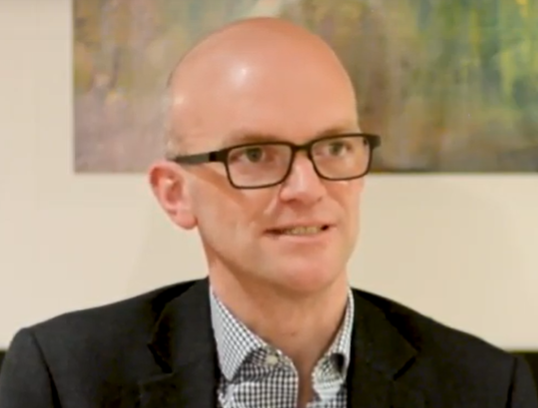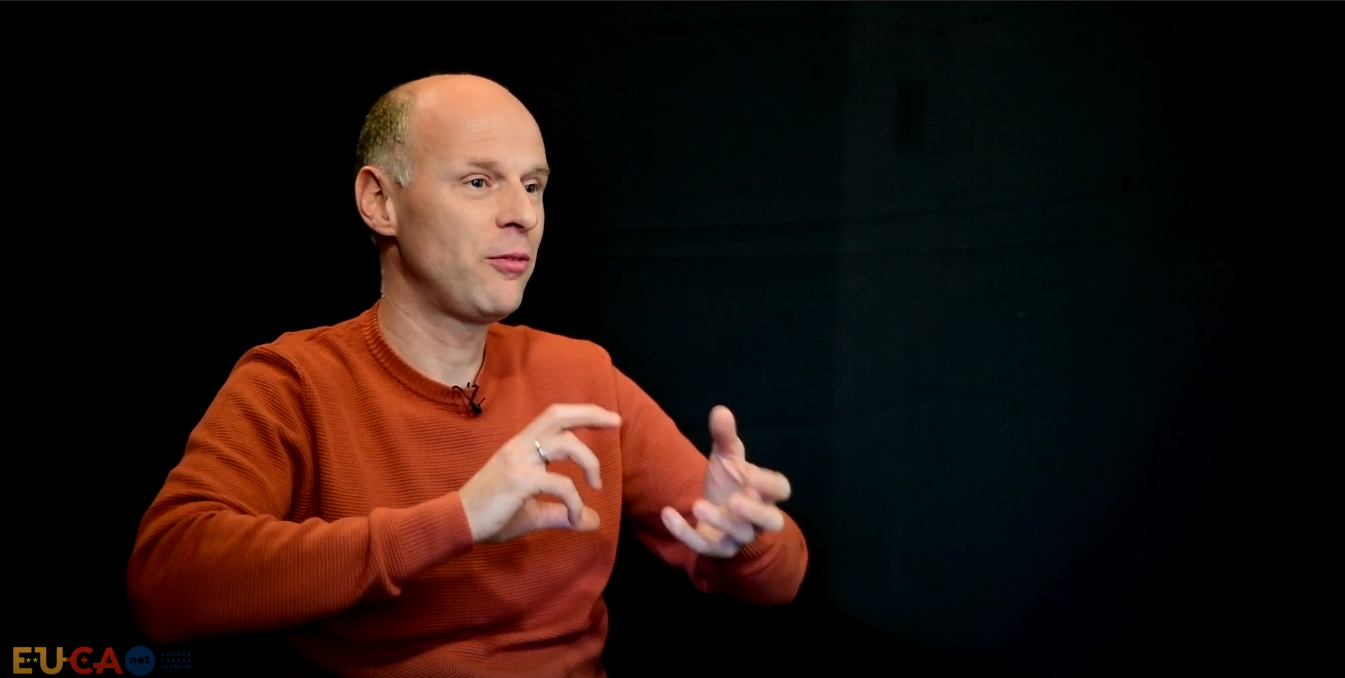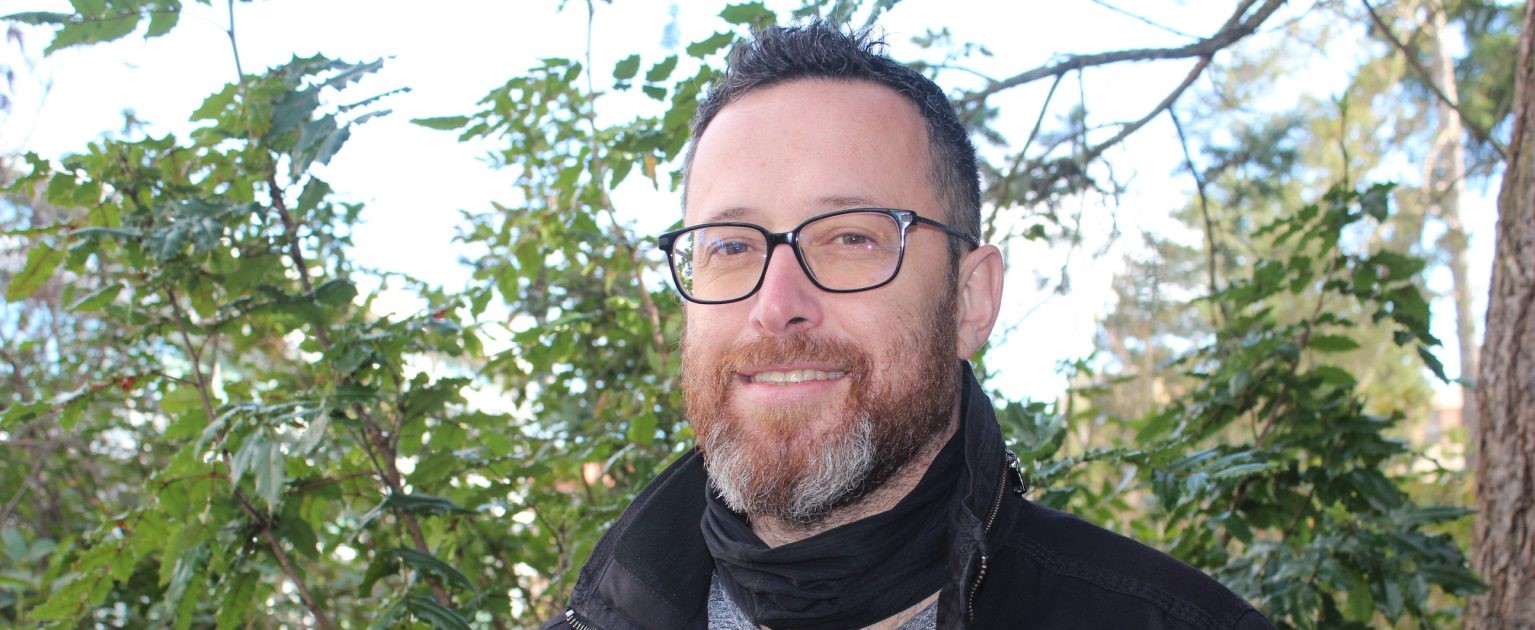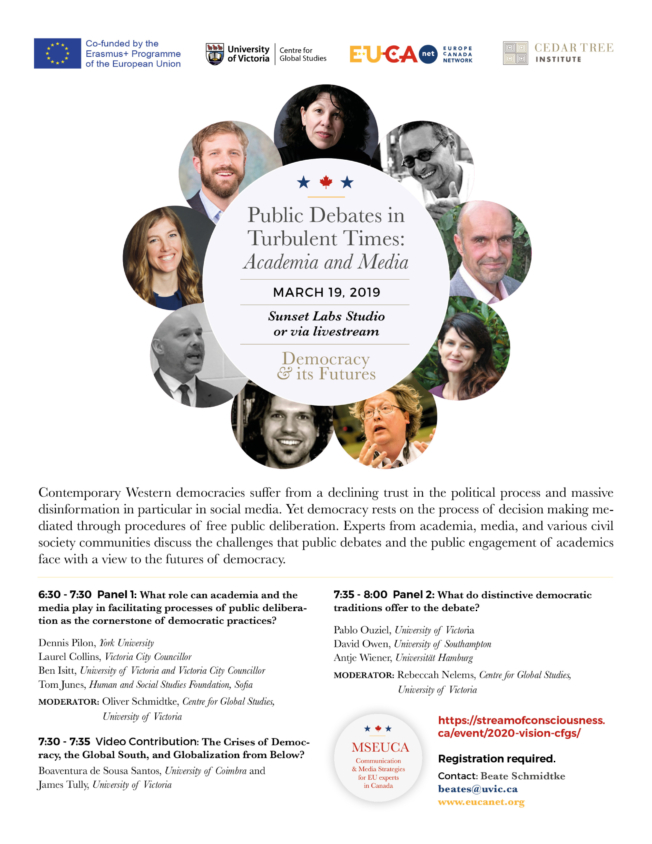Dr. Silvia Suteu: On deficient democratization in Central and Eastern Europe
Silvia Suteu (Public Law at the University College London) participated in the video series on Populism and Democracy during the international conference “Constitutionalism in the Age of Populism”, March 6-8, 2020. She gave a paper with the title: “Friends or Foes? The Uncertain Relationship of Eternity Clauses and Populism“ and accepted the invitation to respond to a bold question: “What are the greatest challenges that populism poses to democracy?”.
In this video interview, Silvia Suteu connects the pernicious rise of populism in the region of Central and Eastern Europe to the fact that populists have managed to tap into a real dissatisfaction and disaffection with democracy, and specifically with representative institutions. This is exemplified by the constitution making processes in the region in 1989 and immediately thereafter, which resulted in an elite driven path towards a very legalistic form and institutionalization of liberal democracy, combined with a free, neo-liberal form of capitalism. According to Suteu, what is happening in the region today is in part a push back against the institutionalization of this legalistic constitutionalism and neo-liberal economic forms, taken without deliberation or compromise.
Populists often ask the right questions but provide dangerous answers – notes Suteu – and this is why populism in that region is so difficult to address. The scholar also stresses that the European Union (EU) seems to have been caught off guard by populism as it is still trying to figure out how to respond and how to strengthen protections for the rule of law while connecting those protections to real actions. In this respect – she adds – still missing on the part of European Union actors is a “soul searching” about how to truly democratize the EU and how to address its own democratic deficits.
Short Bio
Silvia Suteu is Lecturer in Public Law at the University College London. She was previously a tutor and ESRC Research Fellow at the University of Edinburgh, where she also co-founded and convened the Constitutional Law Discussion Group and acted as Associate Director for Research Engagement of the Edinburgh Centre for Constitutional Law. Her current research interests are in comparative constitutional law and constitutional theory. She is especially interested in the theory and practice of deliberative constitutional change, constitutional entrenchment and democratic theory (in particular eternity clauses), transitional constitutionalism, and gender-sensitive constitution-making. She has also done work in international humanitarian and human rights law. She obtained her PhD in Law from the University of Edinburgh, titled “Eternity and the Constitution: The Promise and Limits of Eternity Clauses” and she will present on this topic at the conference.
This video is part of the CEDoD project and was produced as part of the event “Constitutionalism in the Age of Populism”, which took place on 6-8 March, 2020 in Victoria, BC. CEDoD stands for “Canada Europe Dialogue on Democracy: Democratic Deficit and the Rise of Populism in Europe”. This project is co-funded by the Erasmus+ Jean Monnet Action of the European Union, the Centre for Global Studies, University of Victoria, the Social Sciences and Humanities Research Council of Canada (SSHRC), the Faculty of Law at the Eötvös Loránd University (ELTE), the Australian Government through the Australian Research Council and the University of Victoria: the Faculty of Law, the Centre for Global Studies, Vice President Research Office, Faculty of Humanities and the Faculty of Social Sciences. The European Union support for the production of publications does not constitute an endorsement of the contents which reflect the views only of the authors, and cannot be held responsible for any use which may be made of the information contained therein.

